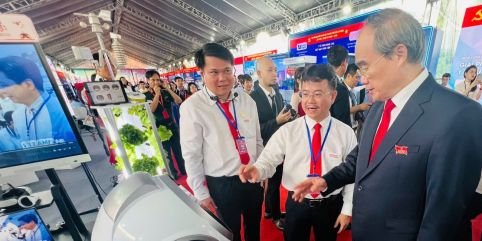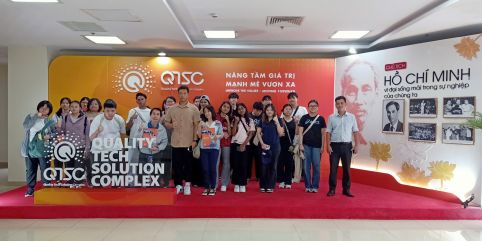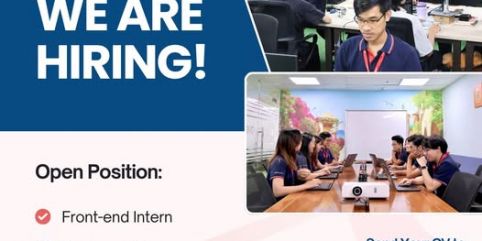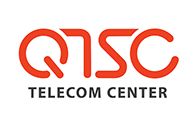In the Press Conference announcing Vietnam ITO Conference 2019 with the main theme: Vietnam - The Emerged Destination for Innovation, besides the question whether Vietnam becomes a hub of innovation, businesses were also really interested in the topic about how the US-China trade affects and which opportunities for Vietnam's IT industry, especially in the field of new technology.
According to Mr. Hung Nguyen - CEO of LogiGear, the trade war had no effect on the Vietnam IT industry, because Vietnam's IT outsourcing industry had developed very well up to now. The IT industry was now saturated, nothing new in the US or Europe, following the current trend, it was not as influential as before.
On behalf of TMA Solutions, Mr. Nguyen Huu Le - Chairman said, the outsourcing industry of Vietnam had had an advantage compared to China for a long time. For more than 15 years, all companies from North America and Europe had been reluctant to outsource to China because of intellectual property. We received that advantage 15 years ago. Incidentally, during the US-China trade war, Information Technology (IT) was also the most important issue. Therefore, it just emphasized to customers again about intellectual property.
Mr. Nguyen Ba Quynh - Senior Vice President of Hitachi Consulting, General Director of Global CyberSoft - member of Hitachi Group stated that: the US market turnover of our company previously accounted for about 50% and it is decreasing in the recent years because of two reasons. Firstly, the US has become a lot more conservative, when talking about outsourcing, almost the US enterprises immediately think of transferring jobs abroad which is what the US government does not want and the business are forced to follow. Secondly, India and China have been on the Top of IT for a long time, when Vietnam is promoting development of outsourcing, India has turned to providing full package solutions, so China and India’s solutions are going to be high-price. In addition, India's human resources and training system are superior to Vietnam. While it is clear that we are at a lower level, the impact of the US-China trade war is not much, but more opportunities. We have talents but if university education is not qualified enough, the average people will not have opportunities to turn into good engineers. We also know that talents only account for 1% of human resources, the rest one who is able to become good engineers depends on the education system and experience opportunity. So if we do not have solutions for educational innovation, I think that is really a big challenge to us.
On behalf of KPMG Vietnam, Mr. Nguyen Cong Ai – Vice President had some comments about the effect of the US-China trade war on the Vietnam economy in general and the development of Vietnam's IT industry in particular after having the opportunity to interact with a lot of recent businesses such as the US businesses or other countries, especially Chinese enterprises. The first one, the US, South Korea and Taiwan enterprises who invested in relatively simple industries such as garments and footwear had to transfer production to Vietnam because the costs in China was increasing (not related to the trade war). That was our advantage for low productivity industries. Interestingly, electronics businesses also invested to Vietnam a lot, Samsung Electronics employed 180,000 workers in Vietnam, invested capital was up to US $15 billion, LG and a number of other companies like Intel were also expanding production in Vietnam. The second one was that IT outsourcing was a very small sector in high-tech field, recently, Nissan Automotive Technology Company had moved all of Nissan's design division to Vietnam and had nearly 2,000 engineers working in Ha Noi. In this industry, new businesses had strong competition on the number of engineers. For human resources on innovation, the environment/wastewater for experience, the opportunity to join in creative projects were more important than the salary so we would compete by creating valuable projects. Who had interesting projects, created more learning opportunities for young people would be able to attract many talents.
According to a recent survey of 300,000 domestic and foreign enterprises, it showed that the scale of businesses is no longer so important. Small businesses always have the most breakthrough solutions, attract the best talents. This is the advantage of Vietnamese businesses. All businesses asked in the recent survey responded that they will increase investment in technology, especially in Digital Transformation, Cyber Security, Artificial Intelligence (AI), Internet of Things (IoT). The world is changing really fast, so “speed” is the important key for competitive advantage of businesses. Businesses having many talented people are going to be successful.
Source: QTSC
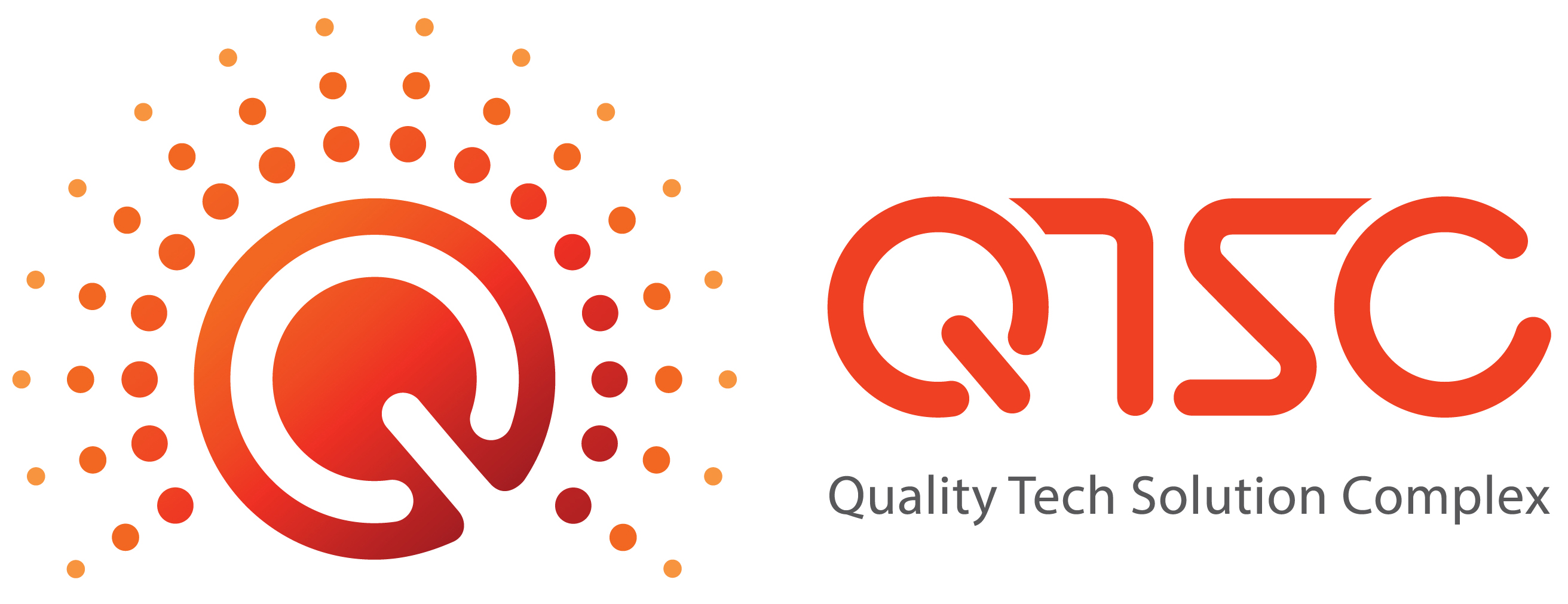




 Tiếng Việt
Tiếng Việt


